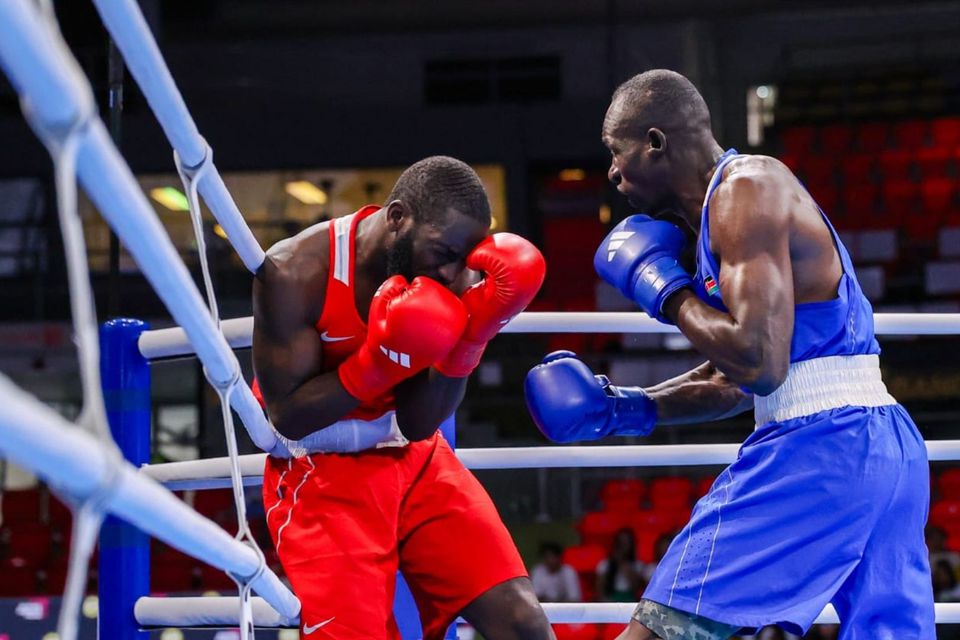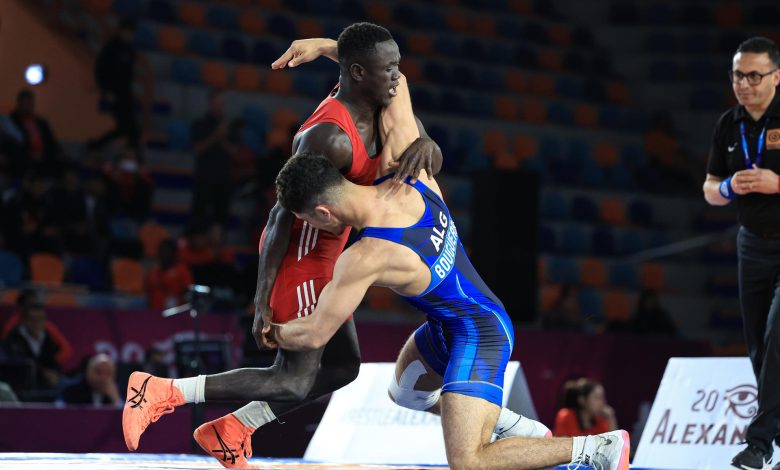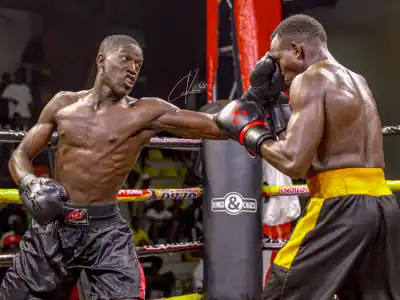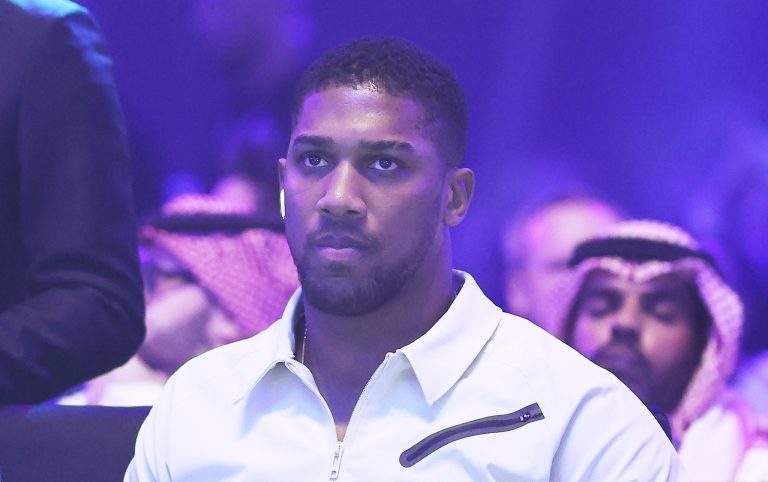Kenya will miss the Olympics in boxing since 1992.
Structural issues and lack of accountability plague Kenyan boxing.
Young boxers’ potential hindered by inadequate support and infrastructure.
Call for BFK to overhaul strategies and embrace change.
For the first time since 1992, Kenya will not have a boxer at the Olympic Games. This unprecedented absence follows the early elimination of the country’s representatives at the final qualification event in Thailand, marking a significant decline in Kenya’s once-proud boxing tradition.
A Disappointing Campaign in Bangkok
Kenya’s hopes were pinned on six boxers: Eliud Okong’o (light heavyweight), Boniface Mogunde (light middleweight), newcomer Pater Abuti (heavyweight), Amina Martha (bantamweight), Frizah Anyango (welterweight), and Elizabeth Andiego (middleweight). Despite their efforts, the athletes faced swift exits, with only Okong’o managing to win a single match before his elimination in the second round.
This final qualifier in Bangkok was Kenya’s last chance after failing to secure spots at the African qualifiers in Dakar, Senegal, and the repechage in Italy. The early exits in Bangkok underscore a broader issue within Kenyan boxing—one that cannot be attributed solely to the athletes’ performances.
Structural Issues and Lack of Accountability
The root of the problem lies deeper than the athletes’ abilities. Coach Musa Benjamin, along with assistants David Munuhe and John Waweru, has been at the helm for years without yielding positive outcomes. Interestingly, these coaches also hold positions within the Boxing Federation of Kenya (BFK), creating a significant conflict of interest and a lack of accountability.
The BFK’s repeated failure to adapt and improve strategies has resulted in a cycle of poor preparation and disappointing performances. This structural inertia has left Kenyan boxing in a precarious state, far from its former glory when Robert Wangila clinched the country’s last Olympic boxing medal in 1988.
The Athletes’ Perspective: Talent Stifled by Systemic Failures
Coach Benjamin defended his team, noting that many are young and just beginning their international careers. While it’s true that young athletes need time to mature and gain experience, this cannot excuse the systemic issues plaguing the sport. The lack of proper infrastructure, inadequate training programs, and insufficient support from the BFK hinder these athletes’ development.
Amina Martha, one of the boxers, has an inspiring personal story but faced an early exit in Thailand. Her journey highlights the potential within Kenyan boxing, potential that remains untapped due to systemic failures. Athletes like Martha deserve a robust support system that can nurture their talent and provide them with the best possible chance of success.
A History of Missed Opportunities
Kenya’s absence from the 2024 Olympics is a stark reminder of missed opportunities and declining fortunes. Since the introduction of the scoring system at the 1992 Barcelona Games, Kenyan boxers have consistently participated in the Olympics, barring politically-instigated boycotts in 1976 and 1980. The recent failures are part of a pattern that includes disappointing performances in Senegal, Italy, and now Thailand.
The Way Forward: Embracing Change
The debacle in Bangkok should serve as a wake-up call for the BFK. It’s imperative to overhaul the existing framework, introduce accountability, and invest in comprehensive training programs. Embracing modern coaching techniques, ensuring proper funding, and creating transparent management structures are crucial steps toward revitalizing Kenyan boxing.
Kenya has a rich boxing heritage, and with the right changes, it can reclaim its place on the global stage. The talent is there, as evidenced by the determination and potential of the current crop of boxers. What is needed is a federation that is willing to support and nurture this talent with vision and commitment.
The absence of Kenyan boxers at the 2024 Olympics is not just a moment of disappointment but a call to action. It is an opportunity for introspection and a chance to rebuild a sport that has brought pride to the nation. By addressing the systemic issues and fostering a culture of accountability and excellence, Kenyan boxing can once again rise to prominence.
Major Challenges in the federation
Conflict of interest: Coaches hold dual roles, inhibiting accountability.
Structural inertia: Federation fails to adapt, leading to poor performance cycles.
Lack of infrastructure: Inadequate facilities hinder athlete development.
Insufficient support: Athletes lack proper training programs and funding.
Missed opportunities: Pattern of disappointing performances underscores systemic failures.





